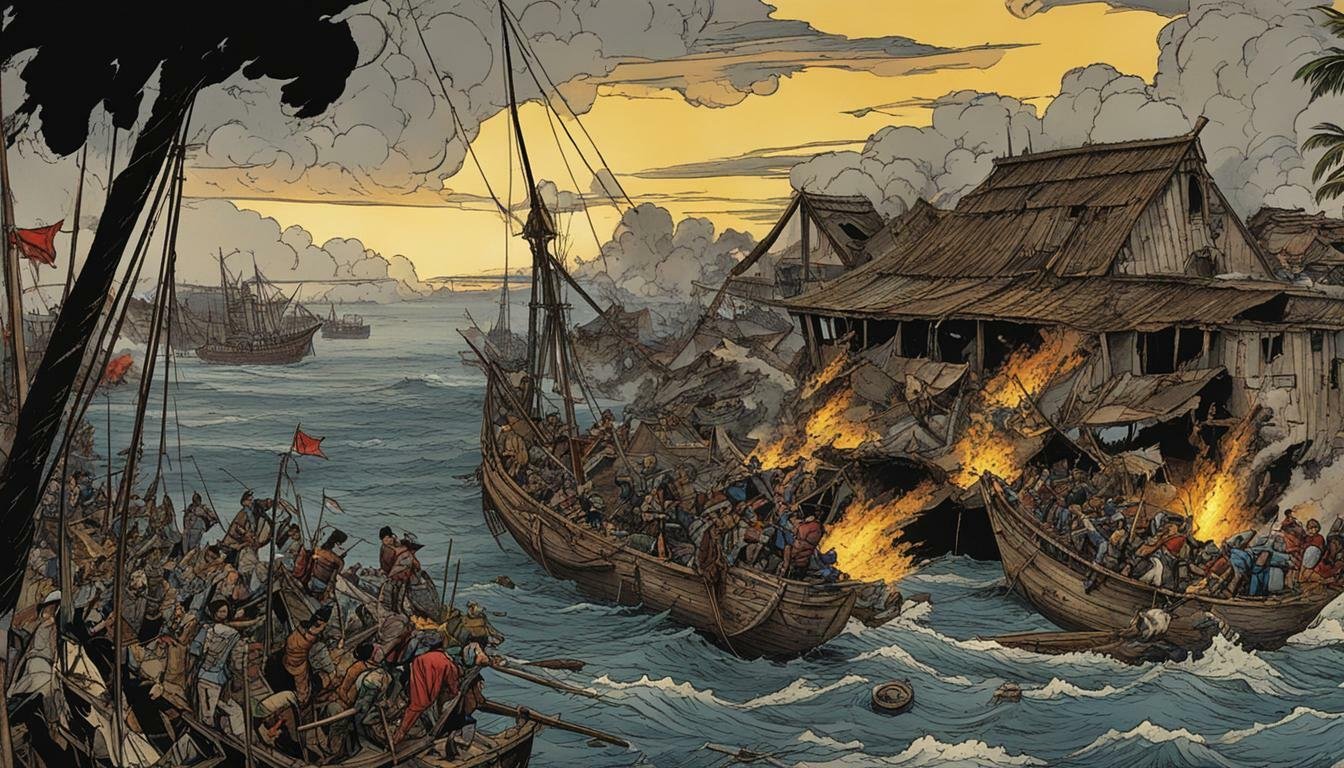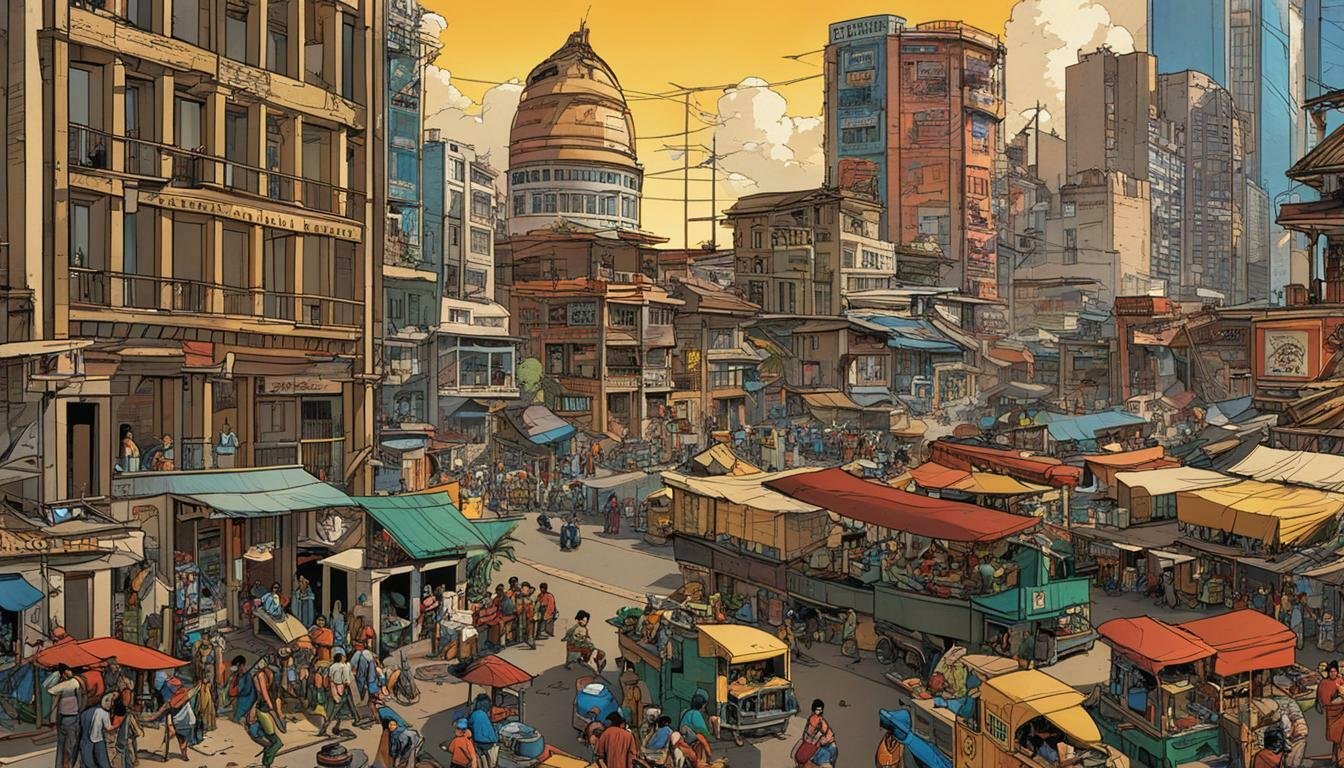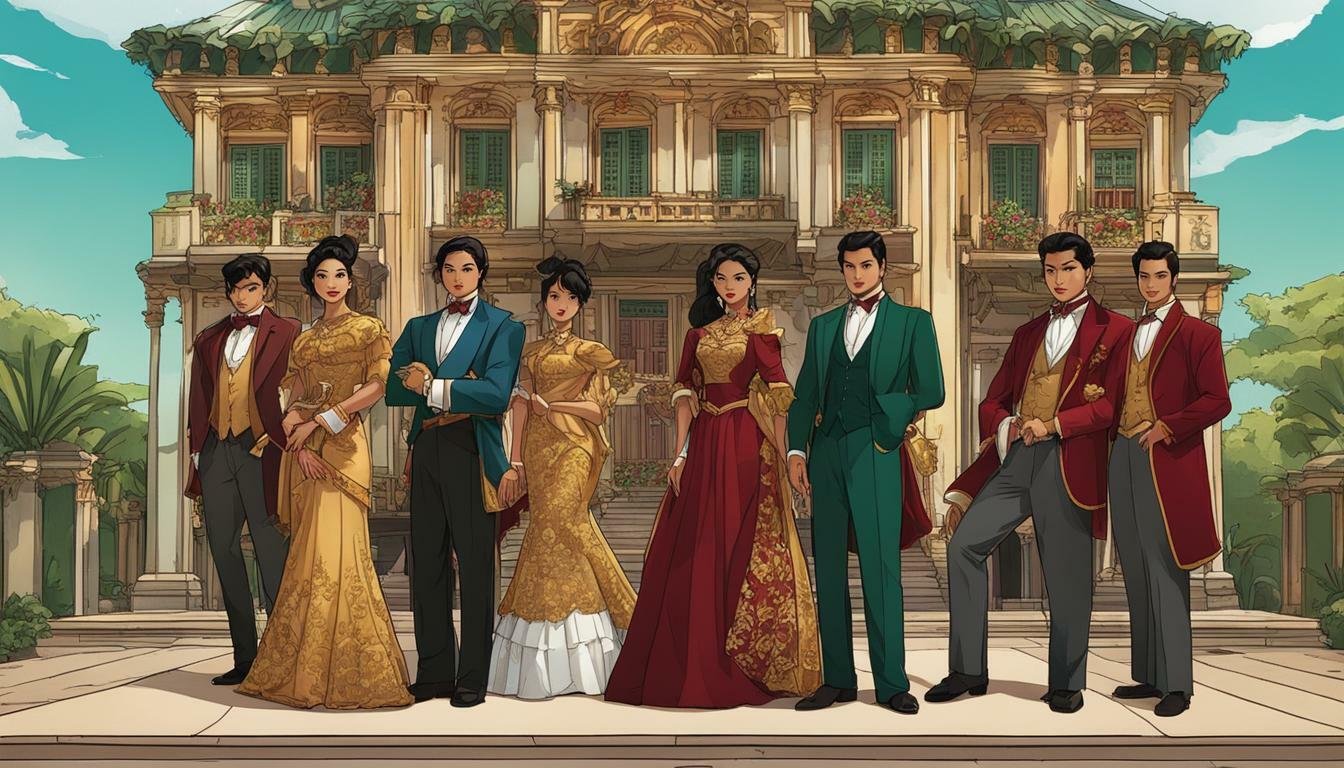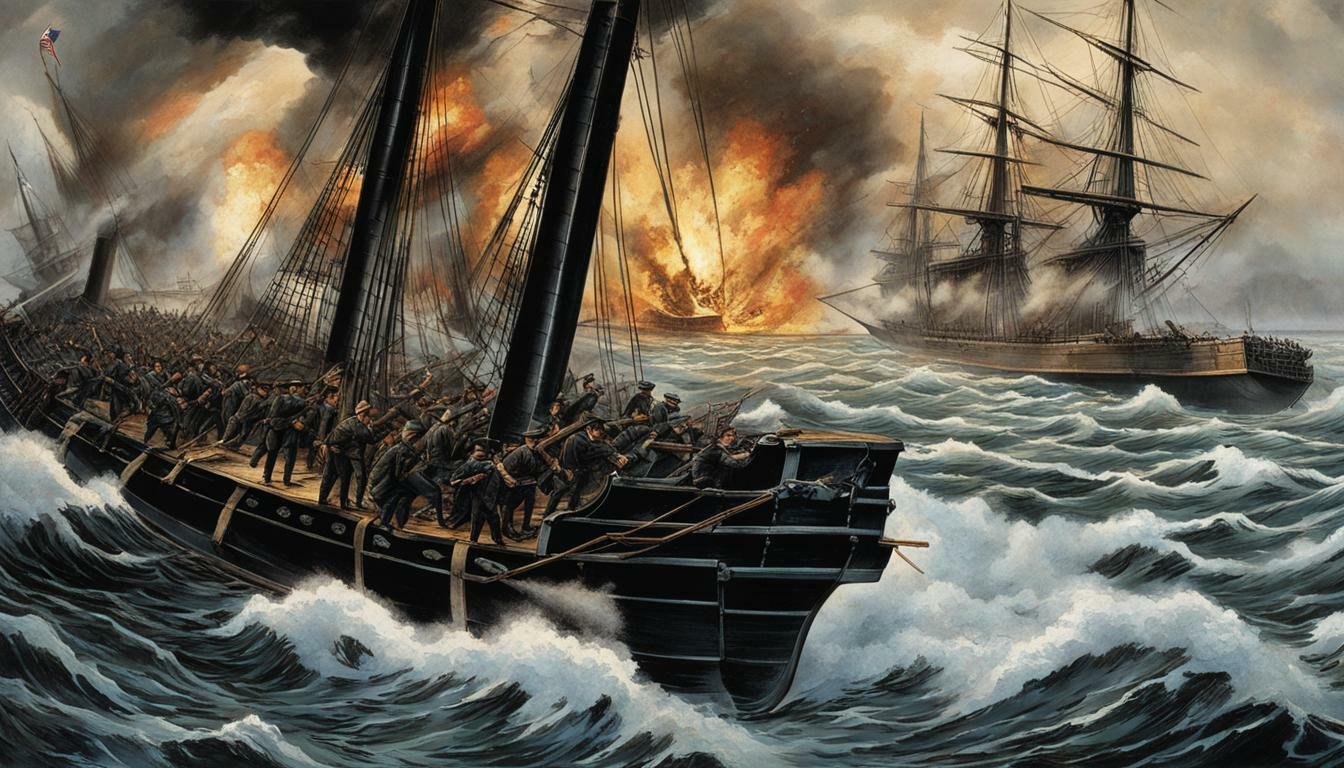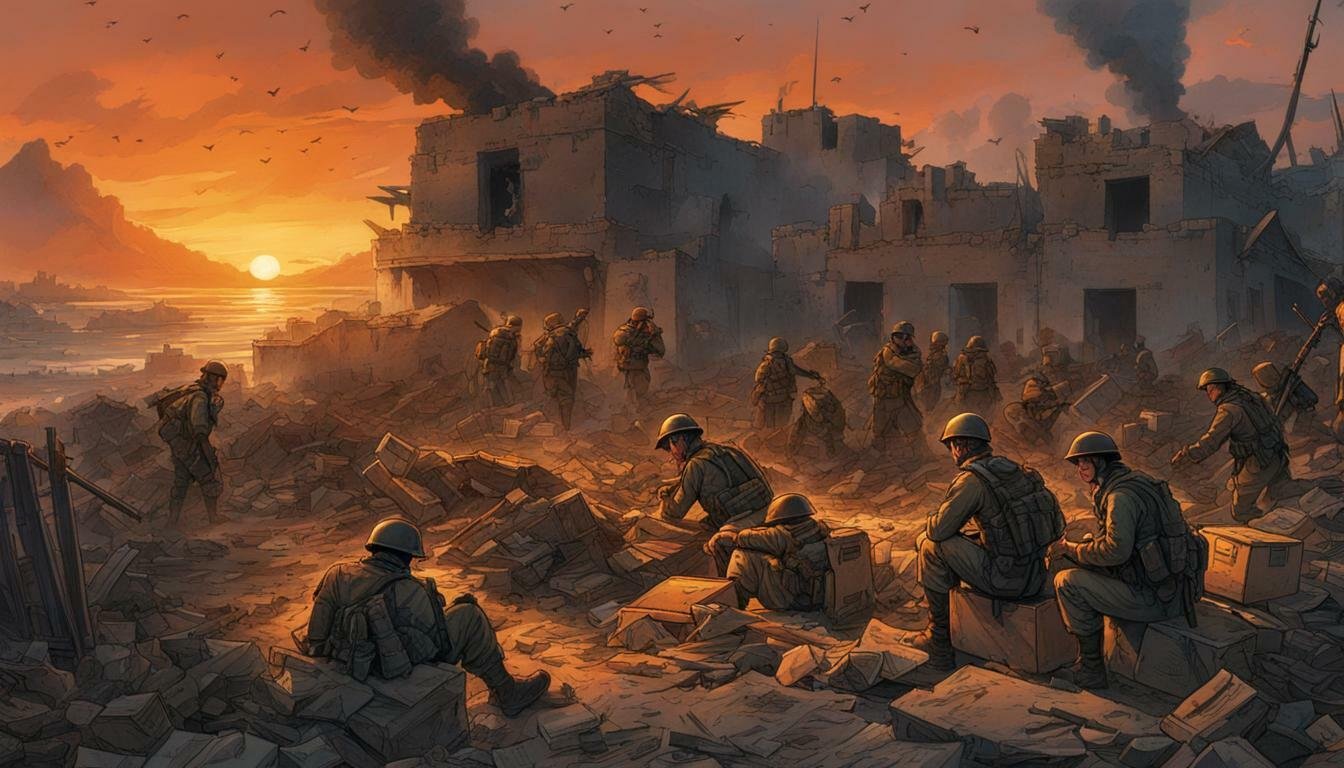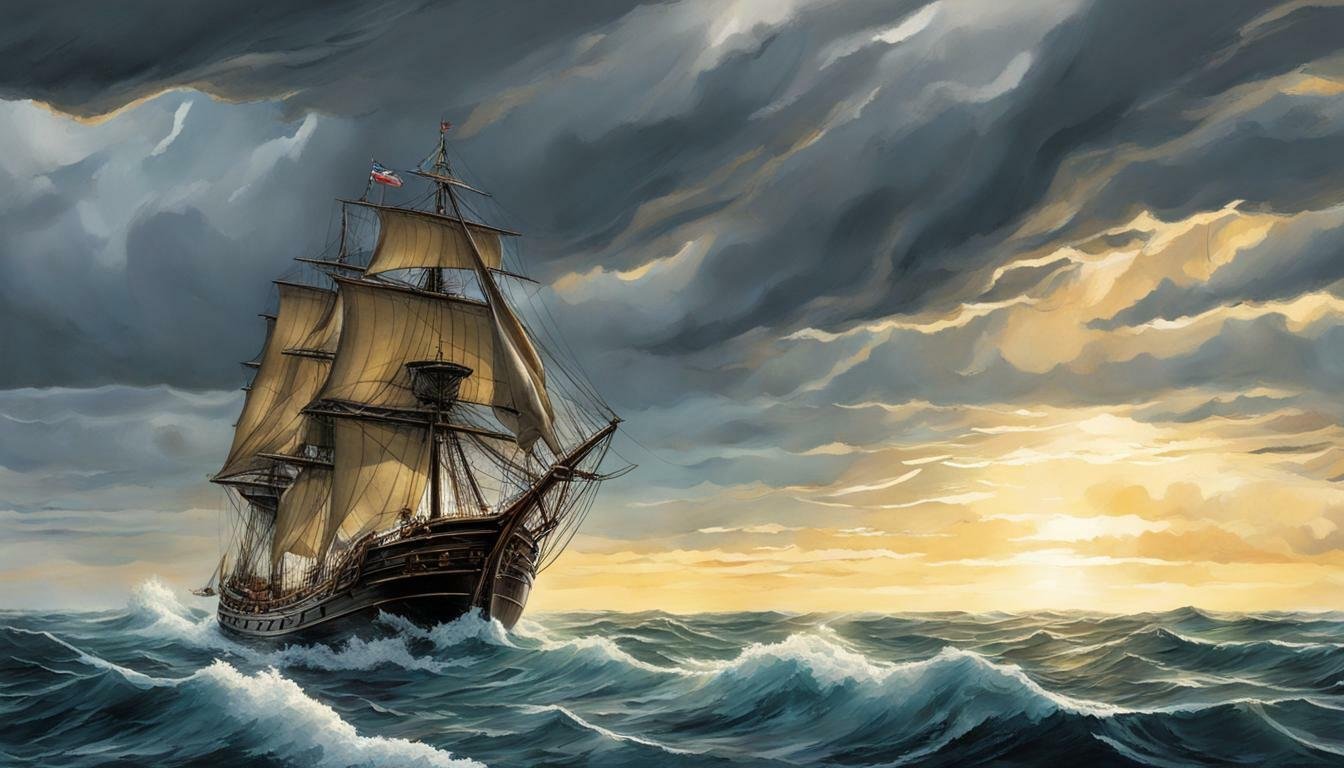The tapestry of world history is woven with threads of exploration, ambition, and conflict. Among the most significant, yet fraught, is the narrative of Ferdinand Magellan and his audacious attempt at the first circumnavigation of the globe. While his name is etched into history books for initiating this monumental voyage during the Age of Exploration,…
Spanish Colonial Period (1521-1898)
Deciphering the Historical 1565 Cebu Bombardment – A Deep Dive
The year is 1565. Just over four decades after Ferdinand Magellan’s fateful landing and demise, another Spanish fleet appears on the horizon of the Visayan islands. This time, under the command of Miguel López de Legazpi, the mission is clear: establish a permanent Spanish foothold in the archipelago. Their arrival in Cebu would not be…
Exploring the American Period in the Philippines: A Historical Overview
The close of the 19th century marked a dramatic turning point in Philippine history. Three centuries of Spanish colonial rule were drawing to a violent end, only to be immediately followed by the arrival of a new colonial power: the United States of America. The American Period in the Philippines, spanning from 1898 to 1946,…
Fray Andrés de Urdaneta and Fray Diego de Herrera
The history of the Spanish Colonization of the Philippines is a complex tapestry woven from the threads of exploration, military might, political maneuvering, and, perhaps most significantly, religious fervor. Among the pivotal figures who shaped the early decades of this colonial enterprise were men of the cloth, specifically members of the Augustinian Order. While countless…
The Filipino Criollos
The history of the Philippines under Spanish rule is a complex tapestry woven with threads of different cultures, classes, and identities. Among the most fascinating and influential groups within this structure were the Filipino Criollos. Often positioned awkwardly between the ruling elite from Spain and the indigenous population, these individuals, of pure Spanish blood but…
The Spanish-American War: A Pivotal Event in History
he tapestry of Philippine History is rich with narratives of struggle, resistance, and shifting allegiances. Among the most significant chapters is The Spanish-American War, a seemingly distant conflict that unexpectedly reshaped the destiny of the archipelago. More than just a footnote in the annals of global warfare, this confrontation between a declining European empire and…
Tamblot Uprising: A Brief History of the Bohol Rebellion
The annals of Philippine history are replete with tales of resistance against colonial powers, moments when the spirit of the archipelago’s diverse peoples flared up against foreign domination. Among the earliest and most significant of these localized uprisings against Spanish colonial rule was the Tamblot Uprising, a fervent Bohol Rebellion that erupted in 1621 on…
Rajah Tupas of Cebu
The narrative of the Spanish colonization of the Philippines is often framed by the arrival of Ferdinand Magellan in 1521 and Miguel López de Legazpi in 1565. At the heart of the initial interactions and subsequent subjugation of the Visayas region, particularly Cebu, stands a figure whose decisions profoundly impacted the course of early Philippine…
Uncovering the Historic Truth: The Siege of Baler
The twilight of the 19th century marked a period of seismic change in the Philippines. After over three centuries of Spanish colonial rule, the simmering embers of Filipino nationalism ignited into the full-blown Philippine Revolution. As this struggle for Philippine independence raged, a new global power, the United States, entered the scene, leading to the…
Exploring the Journey of Juan Sebastian Elcano: Discover More.
The vast tapestry of Philippine History is woven with threads of indigenous resilience, cultural exchange, colonial struggles, and the relentless pursuit of identity. Among the most pivotal and often debated moments is the arrival of European explorers in the early 16th century. While Ferdinand Magellan often dominates the initial narrative, the story of the first…


